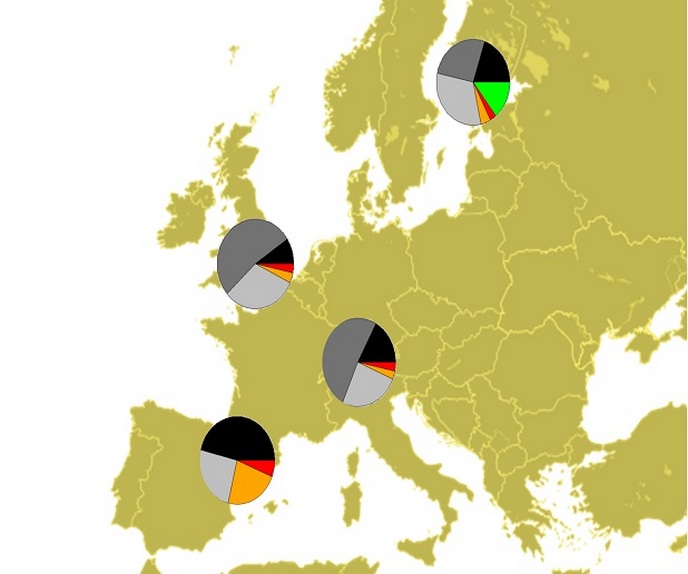Citizen-based air quality monitoring
Governments have a very significant role in finding solutions to environmental problems, but not the only role. Often, citizens can band together to both monitor and manage local environmental problems in ways that government agencies cannot. The EU-funded CITI-SENSE(opens in new window) (Development of sensor-based citizens’ observatory community for improving quality of life in cities) project developed an environmental monitoring information system for citizen use. The purpose was to empower communities to influence policy and decision-making processes. Initial work focused on creation of an air quality sensor network in which citizens were involved as participants. The main elements included sensors and linking technologies, information products derived from the data and services. Atmospheric information was drawn from satellite data, yet locally specific to various European cities. The consortium also worked to develop participatory methods, data management strategies and applications to facilitate data utilisation. The team established, and operated for six months, the world’s largest air quality sensor network. The network consisted of 324 units, deployed all over Europe. Community participation included over 400 volunteers, who tested the monitoring devices, in 9 European cities. Researchers also established 24 individual Citizen Observatories. Eight monitored outdoor air quality, 12 monitored indoor air quality in schools and 4 monitored personal comfort in public spaces. Volunteers were involved in the development of sensors, visualisation solutions and other tools used in the project. Over 1 200 people downloaded and used the project’s air perception app. Using the sensor network and additional observation tools, the team collected more than 9.4 million observations during the final project year. The project’s main contributions included studies on citizen involvement in environmental decision-making, specifically motivation and barriers. The team also developed new tools for citizen monitoring of the urban environment, including low-cost micro-sensors and data analysis tools. Researchers further managed to combine the project’s data with ICT cloud platforms, big data and app/portal services. The team also integrated participatory methods in products and services. CITI-SENSE outcomes will be environmental monitoring systems around Europe that foster citizen participation in environmental governance. Such results are also expected to offer new products and services, meaning economic opportunity for European business.







